Can Dündar isn’t easily silenced. The outspoken Turkish columnist and editor has been fired, jailed and even shot at by a would-be assassin for his coverage of President Recep Tayyip Erdogan’s government.
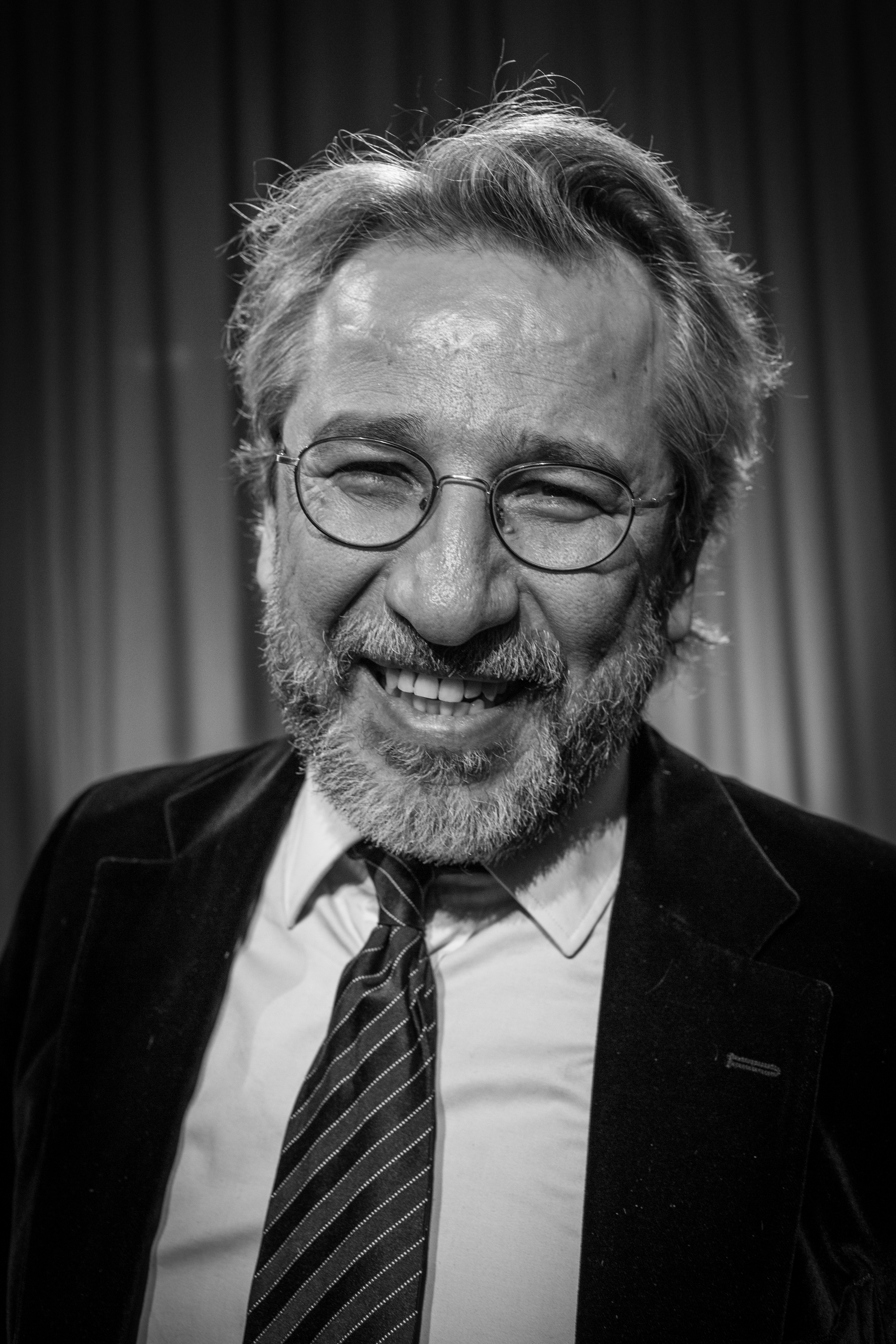

Can Dündar isn’t easily silenced. The outspoken Turkish columnist and editor has been fired, jailed and even shot at by a would-be assassin for his coverage of President Recep Tayyip Erdogan’s government.

A decade ago, Russian journalist Yulia Latynina thought dissidents who compared President Vladimir Putin’s rule to the Soviet times were ridiculous.
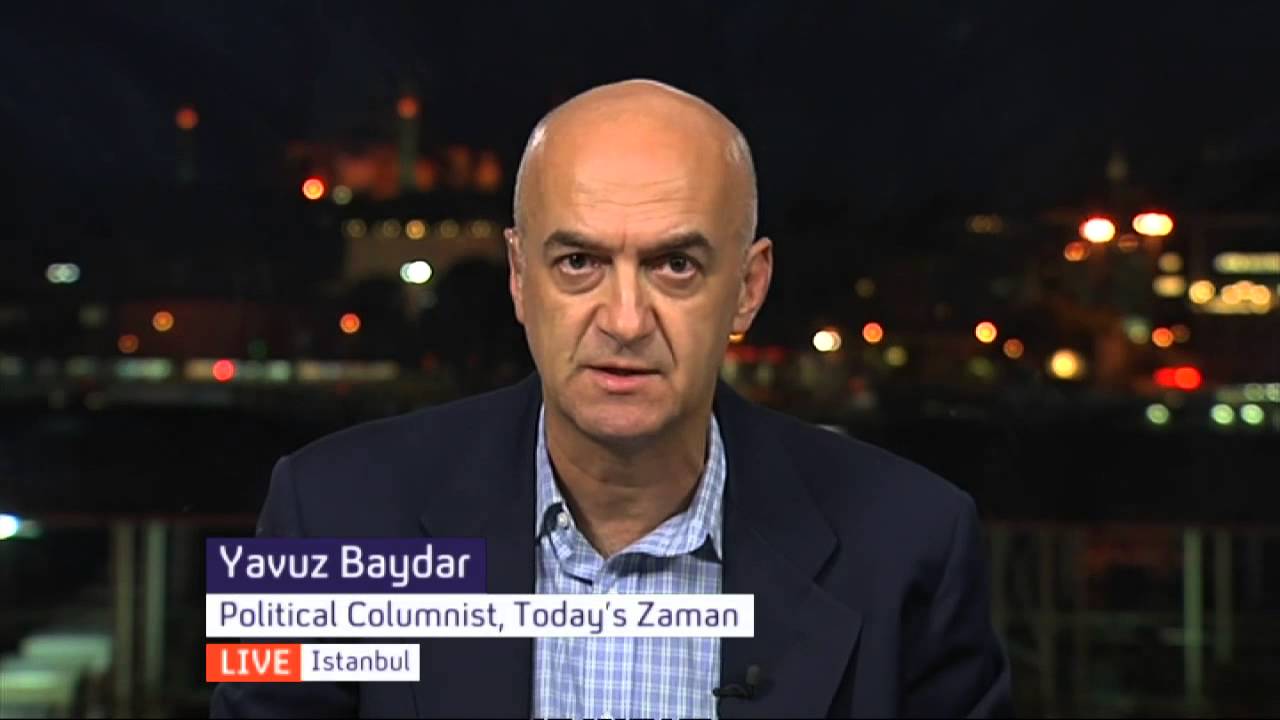
It’s 2016. Turkey is in a state of emergency after the failed coup d’etat of the President Recep Tayyip Erdoğan government. Journalists like Yavuz Baydar are going to be more at risk than ever before.

On the night that Rahim Haciyev accepted the Index on Censorship Freedom of Expression Guardian Journalism Award, he held aloft a copy of Azadliq, the paper that persevered despite assaults from the government whose misdoings it exposed
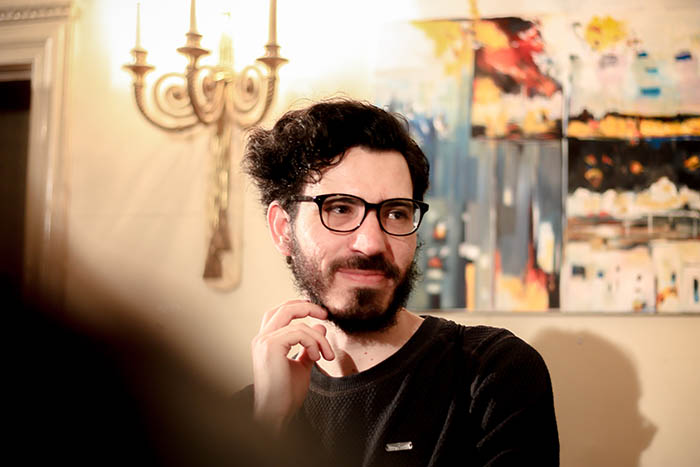
The Iranian-born mechanical engineering student was the editor-in-chief of Fanous, a student magazine which was banned for standing with the Green Movement

“I realise it was the best decision of my life because I would be imprisoned right now, like my colleagues.”
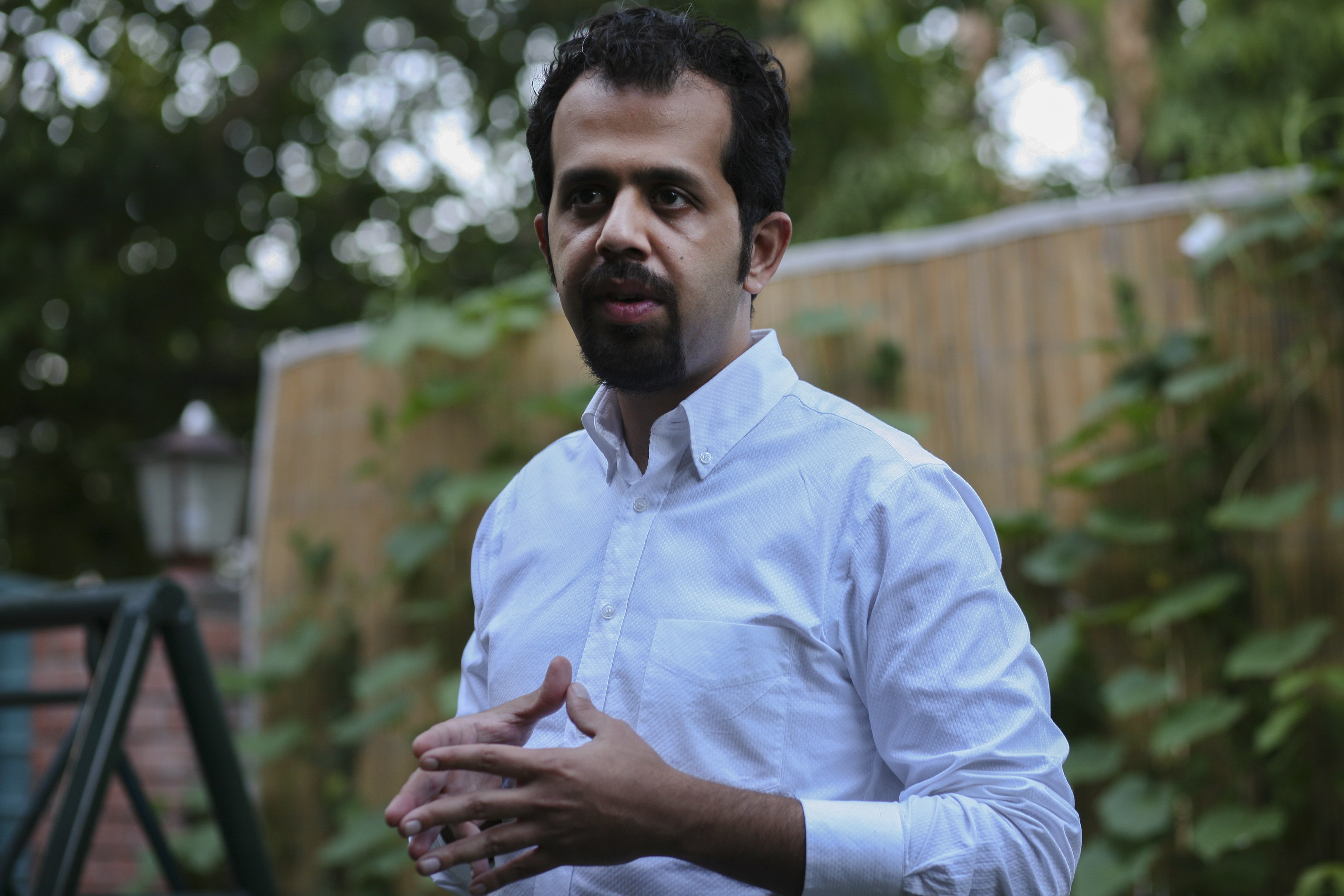
“The question is now, under the change of government, would I be welcome? I’m still being outspoken about what I think.”
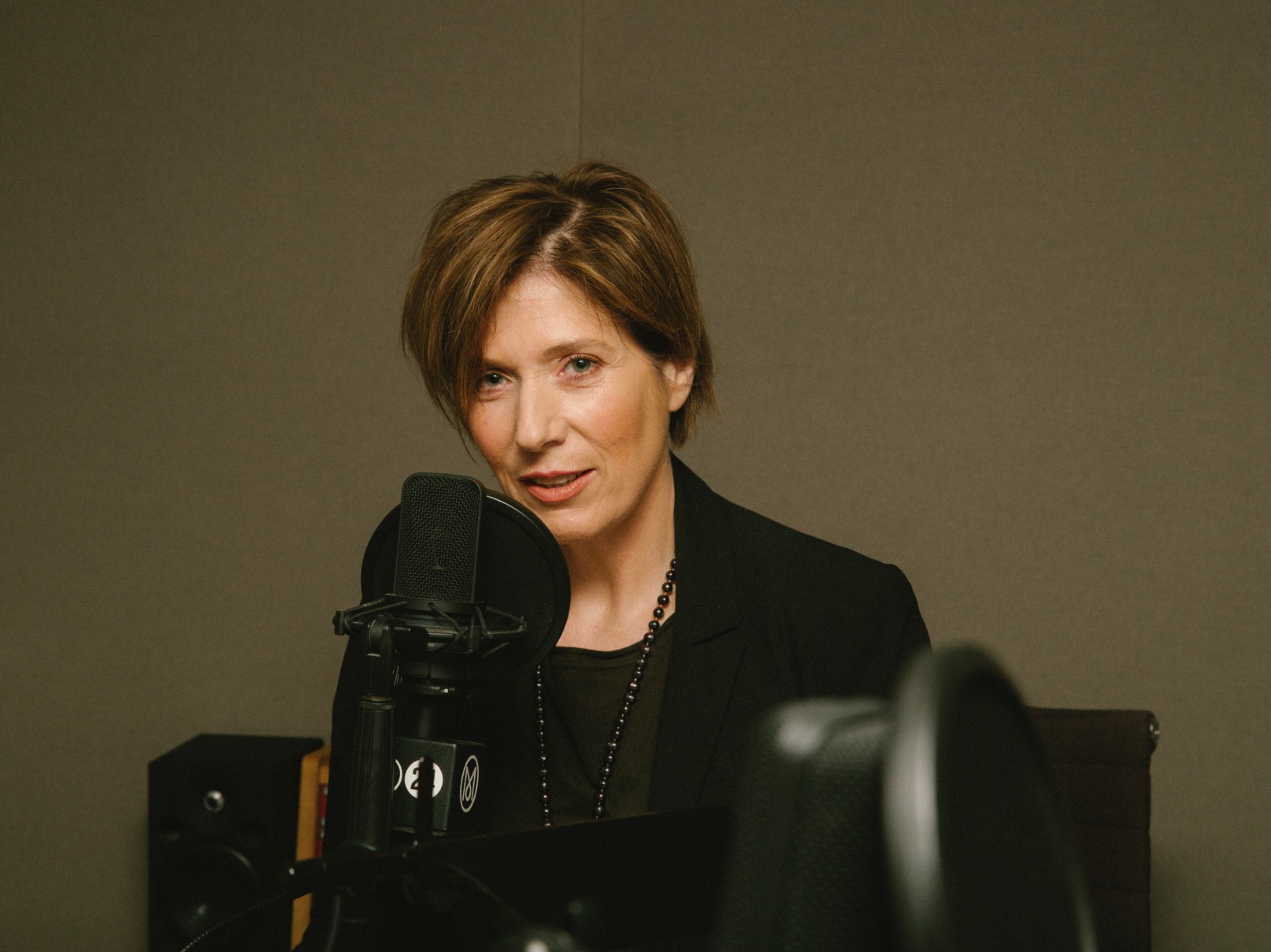
“The question is now, under the change of government, would I be welcome? I’m still being outspoken about what I think.”

“I face probably a life sentence or maybe even worse. The idea of not being able to go back to your own country…is just heartbreaking.”
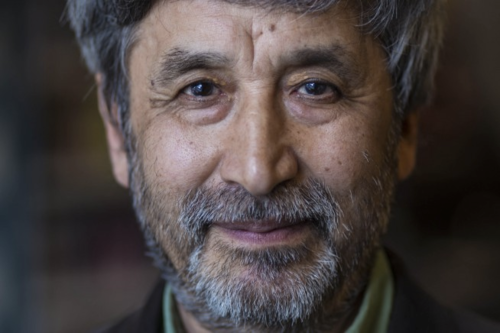
Hamid Ismailov is an Uzbek journalist and writer who was forced to flee Uzbekistan in 1992 due to what the state dubbed “unacceptable democratic tendencies”.